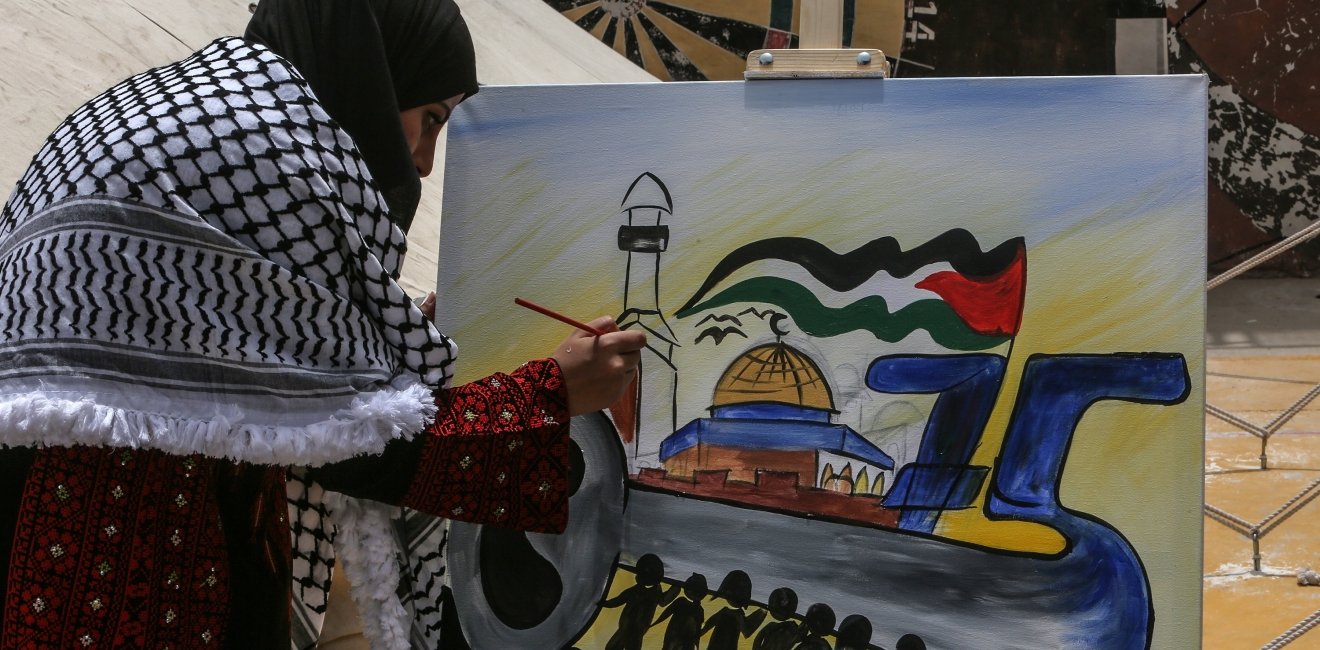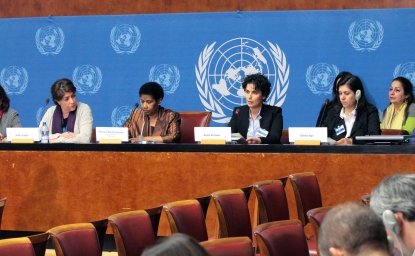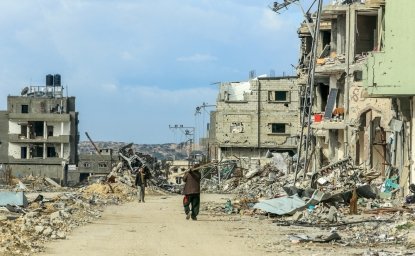The discussion about the horrific events unfolding in Israel, Gaza, and, to a lesser extent, the occupied West Bank is endless. Who is committing war crimes, what is justified and unjustified, what to do about Gaza “the day after,” and so on. Yet, some fundamental questions are not being discussed.
Who has rights?
The first one is a clarification of who has rights in this conflict. Israel has made it very clear that it has the right to self-defense. True enough. All states have a right to self-defense. But, do people without a state also have the right to self-defense? If so, how is the right of self-defense exercised by stateless people? Remember that Palestinians were supposed to have a state formed at the same time as the Israeli one, according to UN General Assembly Resolution 181 of December 1947. Does the fact that Israel jumped the gun on independence and that the Palestinian state, as a result, never came into existence mean that Palestinians have no right to self-defense? If they have such a right, what are they allowed to do to protect it? Is any violence committed by a people without a state automatically an act of terrorism? In fact, do Palestinians have at least the right to exist? Some Israelis seem to think that they do not exist, let alone have the right to do so. Speaking in Paris last March, Israeli Finance Minister Bezalel Smotrich, the head of the ultra-nationalist Religious Zionism party, declared that there is no such thing as Palestinians and that the Palestinian people were “an invention cooked up in the 20th century to fight Zionism.”
If the past is prologue, people displaced by the fighting may never be allowed to go back to their home areas—Israel has not allowed a single refugee to return after 1948.
Even if Palestinians do not exist, on November 13, Smotrich also called on them to emigrate voluntarily and for “countries of the world” to accept them. He is not alone. A bill to that effect has been introduced in the Knesset. And on the ground, Israel’s interpretation of its right to self-defense is driving out much of the population of Northern Gaza. Israel expelled 700,000 Palestinians from the territory it claimed as its own in 1948 in what is remembered as the Nakba. A second Nakba is unfolding under our eyes. Yes, Palestinians have not been forced out of Gaza so far because Egypt is refusing to open the border, but they are being removed from part of Gaza. Figures reported in the press and not disputed by Israel show that 2/3 of the Gaza population of 2.3 million are now internally displaced, with 850,000 of the population of Northern Gaza forced to flee south. The Israeli Defense Forces are closing in on the remaining concentrations of people in and around hospitals, justifying attacks on such usually protected facilities on the ground that Hamas is sheltering in, around and under them. In 2023, as in 1948, Palestinians apparently only have the right to be where Israelis want them to be. If the past is prologue, people displaced by the fighting may never be allowed to go back to their home areas—Israel has not allowed a single refugee to return after 1948.
The Day After
Another discussion needs to take place around the “day after.” It has been discussed a lot already. Israelis are adamant that they will retain total control of the security of Gaza. They are equally adamant that they will not assume the responsibilities of an occupying power, which are quite onerous under the terms of the Fourth Geneva Convention of 1958 (GC IV Art 27-34 and 4-78). An occupying power has few privileges and a lot of duties, including providing food, water, health care, and shelter to people in the occupied areas, while refraining from any transfer of population, not only forcible but even voluntary, from and within the occupied territory. It is easy to see why Israel does not want to be considered the occupying power. But who would want to take care of those battered civilians, particularly with Israel dictating what can or cannot be done in the name of security—Israel’s security, that is?
And what would that entity be running? Certainly not normal communities, and not even communities affected by a disaster. At best, it would run an assemblage of resettlement camps erected in sufficiently intact areas to pitch tents on and inhabited by people with no source of income. Even a vast international effort is unlikely to restore anything like normal life in Gaza any time soon. We cannot discuss who would undertake the task until we understand the scope of the task and the implications of split control over the territory, with Israel in charge of security and some other hapless entity picking up the rest of the pieces. And yet we are engaged in discussions on the suitability of the Palestinian Authority, Arab states, or international organizations.
But, without a solution that recognizes that Palestinians also have rights, more resistance and more conflict are inevitable.
Finally, and most disturbing, is the absence of serious discussion of the reconstruction’s end goal. Israel is focusing on a Gaza without Hamas. I do not believe that is possible, but even if the Israelis were to succeed in dismantling the Hamas military and political organization, resistance would continue in some form in the absence of a political process that provides Palestinians with a glimpse of an acceptable future. Clearly, Israel is not interested in that process and is not offering any political horizon. In fact, it is even allowing settlers on the West Bank to increase pressure on the population there. But, without a solution that recognizes that Palestinians also have rights, more resistance and more conflict are inevitable. For Israel, Palestinians are an extremely inconvenient reality. Nevertheless, they exist and presumably have the right to do so.
The views expressed in this article are those of the author and do not express the official position of the Wilson Center.






